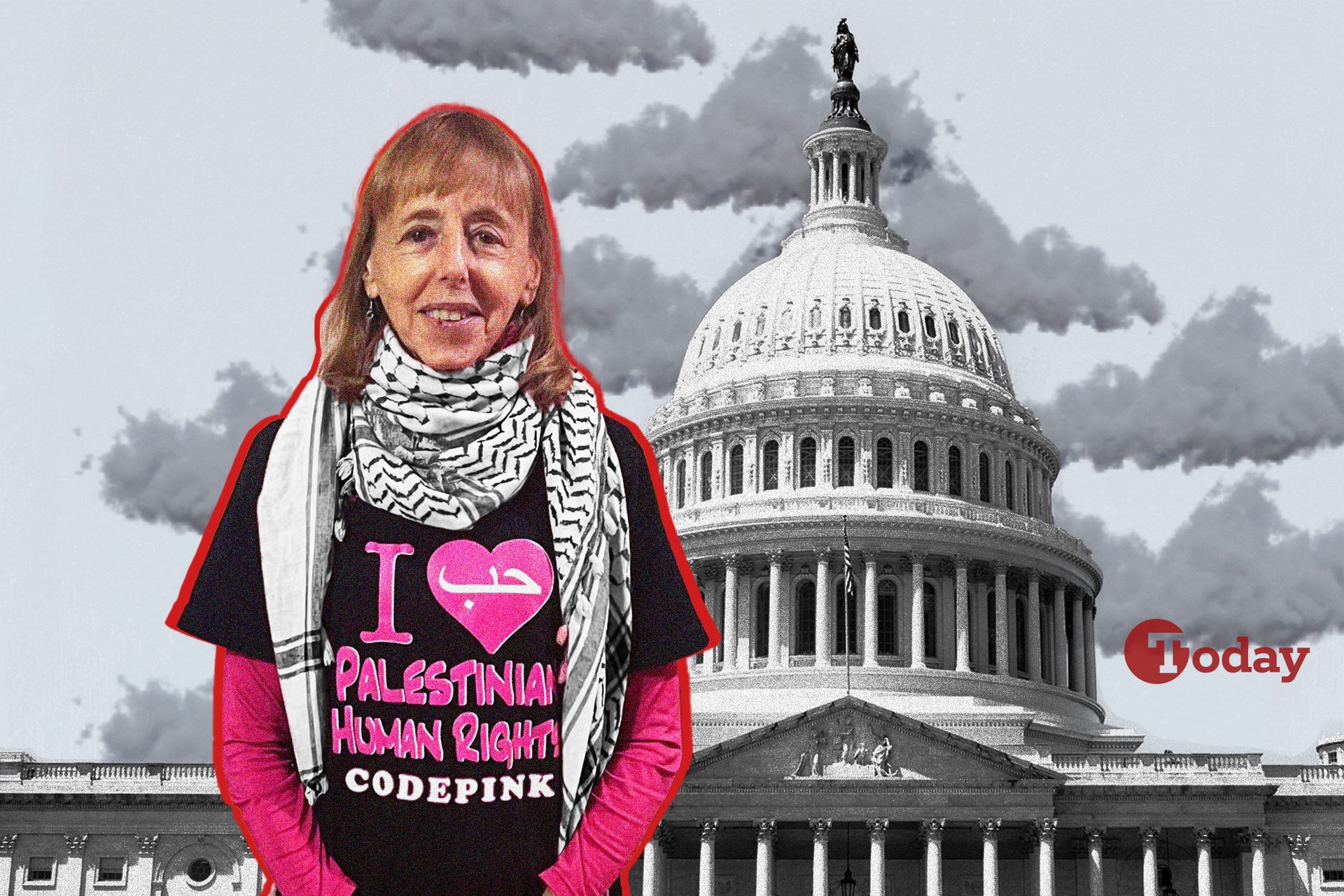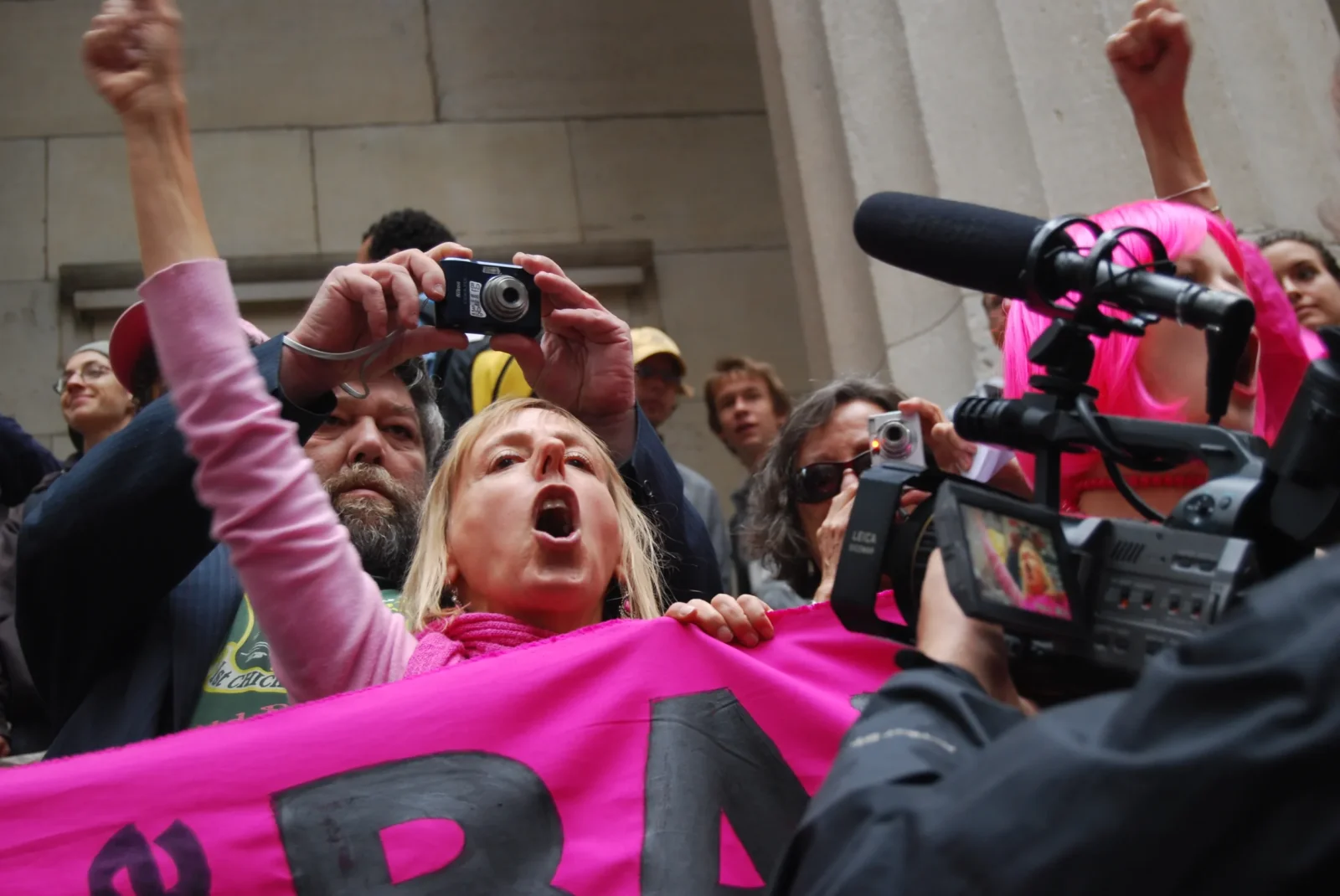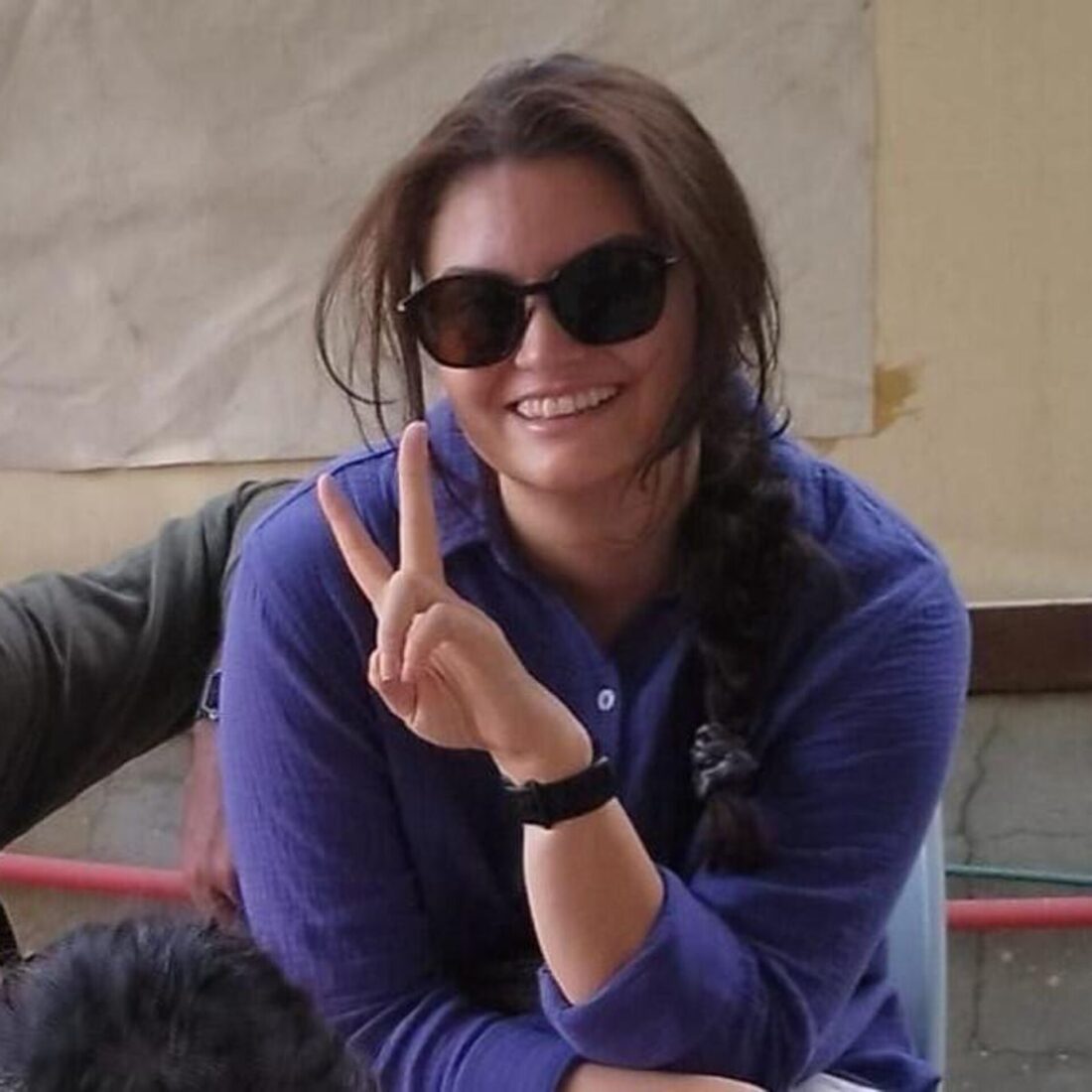
Medea Benjamin, co-founder of the feminist organization Code Pink which once boasted 300,000 members, has spent over five decades advocating for human rights and peace, opposing the actions of the governments to which she is subject as a citizen.
She is known for confronting influential politicians from Barack Obama to Donald Trump, Hillary Clinton to Mike Pompeo, Antony Blinken to countless congressmen. Benjamin has been described by the American media as one of the most effective fighters for human rights and once was nominated for the Nobel Peace Prize.
At 71, she continues to lead protests, demand accountability, and inspire a new generation of activists despite arrests, harassment and threats.
In an exclusive interview with Türkiye Today, Benjamin discusses the challenges of modern activism, the fight against U.S. policies and her ongoing mission to expose the complicity of U.S. politicians in global injustices.
Reflecting on how activism has evolved over the years, Benjamin noted the dual impact of social media on advocacy: “Social media has made it easier for us to get our message across. We can reach global audiences that were inaccessible when I started. But back then, the mainstream media occasionally covered our protests.
We’d get invitations to CNN or Fox News, and we’d hold demonstrations with hundreds of thousands in the streets. Today, the corporate media ignores us completely.
This forces us to rely on platforms like Twitter and Instagram. They allow us to bypass media blackouts and share the truth directly. For example, we can expose Israel’s war crimes in real time or challenge lawmakers. But it’s disheartening that social media can’t fully replace the influence of traditional media.
This blackout makes movements like ours seem fringe, even though public opinion often aligns with us. The majority of Americans didn’t support invading Iraq, Libya, or Afghanistan, yet we were ignored by the powers that be.”
Having once been under the watch of an especially assigned special agent, the feminist activist shares her insights on freedom of expression in America: “While the U.S. prides itself on freedom of speech, it’s clear that this right has limits. As soon as your voice becomes effective, the system clamps down. I’ve had visits from the FBI, received death threats, and been physically removed from countless events."

Benjamin’s activism is marked by direct and often confrontational tactics. Whether following senators to their offices or interrupting high-profile events, she delivers the truths that many want to shout to those who need to hear them.
“There’s a massive disconnect between what the American people want and what our politicians deliver,” she said. “Most Americans don’t want to fund Israel’s genocide or send weapons to oppressive regimes. Yet, both major parties—Republicans and Democrats—continue funneling billions into wars.
Our confrontations are designed to reveal these allegiances. For instance, it’s shocking to walk into Congressional offices and see Israeli flags displayed more prominently than American ones. These politicians are clearly representing lobby groups like AIPAC or the weapons industry, not their constituents.
We ask them directly: ‘Why are you supporting a foreign government over the interests of the American people?’ By following them through hallways or questioning them at public events, we force them to confront their actions and expose their complicity to voters,” she said.
Code Pink’s slogan, “Two Parties, One Boss,” reflects Benjamin’s critique of the U.S. political system.
“Democrats and Republicans are both beholden to the war machine. Defense contractors,
intelligence agencies, and corporate interests dominate policymaking, while Americans suffer. Poverty, inadequate health care, student debt and climate inaction persist because resources are diverted to endless wars. We don’t have a democracy; we have a broken system.”
Michael Heaney, a political science professor at the University of Michigan, said: "I don't know why she isn't banned from every place in D.C., but she still—she knows how to get in". With her signature pink attire, she makes little effort to fly under the radar."
When asked about the emotional weight of her activism—if she ever feels a sense of despair, how she maintains a semblance of normalcy in her social life, and whether her advocacy has exacted personal costs—she spoke candidly: “Coming from a Jewish family, my activism has strained relationships with relatives who strongly support Israel. But I’ve gained a larger family—progressive Jews, Muslims, and people worldwide who share a commitment to justice. We are one humanity, bound to protect each other.”
She also acknowledged that activism comes with significant challenges, especially when facing deeply entrenched beliefs or what she calls religious zealotry.
“Some of the hardest moments are when you meet people whose support for Israel is rooted in religious doctrine,” she explained. “For example, Christian Zionists might say, ‘My faith tells me to support Israel unconditionally.’ It’s almost impossible to engage in rational dialogue with someone who sees genocide as part of God’s plan.
Equally challenging is confronting systemic indifference. Whether it’s Democrats or Republicans in power, the result is always the same—more tax dollars for wars while Americans face poverty, healthcare crises, and failing education systems. It’s a deeply broken system that prioritizes weapons manufacturers and lobbyists over the needs of its people.”
Despite the obstacles, Benjamin remains optimistic about the future.
“I feel most energized when I’m taking action. Sitting idle and reading about the horrors of war can be paralyzing. But being part of a demonstration or organizing an event reminds me that I’m not alone. Those of us in privileged positions have a responsibility to act. If we don’t, who will?”

Benjamin spoke emotionally about Aysenur Ezgi Eygi, the Turkish-American activist killed by Israeli forces in the West Bank.
“Aysenur’s death was devastating. She courageously left the safety of her home in Washington State to stand with Palestinians under attack. For her to be killed by an Israeli sniper while demonstrating peacefully is a horrific reminder of the risks activists face.
To the Turkish people, I want to say: your solidarity with Palestine has been extraordinary. From the Mavi Marmara incident to your ongoing humanitarian support for Gaza, Turkey has set an example for the world.”